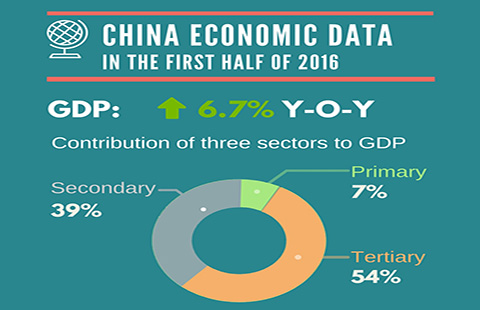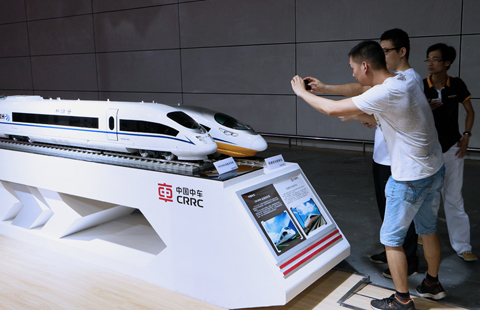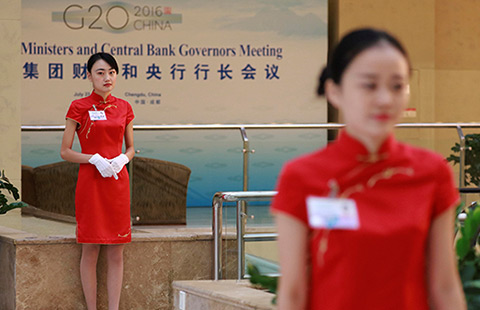China's investment in the US benefits both
By Carla A. Hills (China Daily) Updated: 2012-12-19 08:09Today Chinese firms are operating in 37 states across a broad range of US industries, including banking, clean energy, steel, and entertainment. The size of Chinese investments is growing at an impressive rate. This year Dalian Wanda Group invested $2.6 billion to purchase AMC Entertainment Holdings, American's second largest movie theater company, and a $5 billion solar project has been proposed by ENN Mojave Energy Corp in Nevada.
The increased diversity of Chinese investments is also significant. Illustrative are the recent announcements that the Chinese-owned auto-parts manufacturer Wanxiang America Corp filed the winning bid of $256.6 million in a bankruptcy auction in Chicago for A123 Systems Inc, a US battery maker, and Golden Dragon Precise Copper Tube Group's proposed $100 million investment in a copper tubing plant in Alabama.
China's investment in the US is good for China and good for the US. China's entrepreneurs benefit from the large consumer market, creative and diverse workforce, management skills, strong global brands, and the attractive business and investment climate found in the US.
The US benefits from an increase in needed tax revenues and jobs generated by Chinese investments. Most calculations put the number of US jobs currently associated with Chinese investments in the US above 27,000 and growing, which does not account for the jobs created during construction or generated for suppliers.
Successful Chinese investment in the US will encourage further investment, which will generate still more benefits. And as Chinese investors prosper in the US' rules-based market economy, China will be encouraged to adopt similar rules.
As important as these economic benefits are in advancing prosperity in both countries, the most important benefit flowing from increased economic interactions may well be the increase in mutual understanding that will surely occur. That will help increase the "ballast" for the overall Sino-US relationship.
In short, Chinese investment in the US is a win-win proposition for America and for China and should be encouraged by both sides.
The author is chair of the National Committee on United States-China Relations.
- China nuclear giant CGN wins French wind power contract
- China's Tibet comes on top of regional GDP growth in H1
- Huawei plans to beef up its R&D
- Alisports enters joint venture to promote boxing globally
- SIPG signs deal with Qatari govt
- First nuclear plant to take to the seas
- MIIT pushes intelligent manufacturing
- Minister says property tax is 'next task'


















